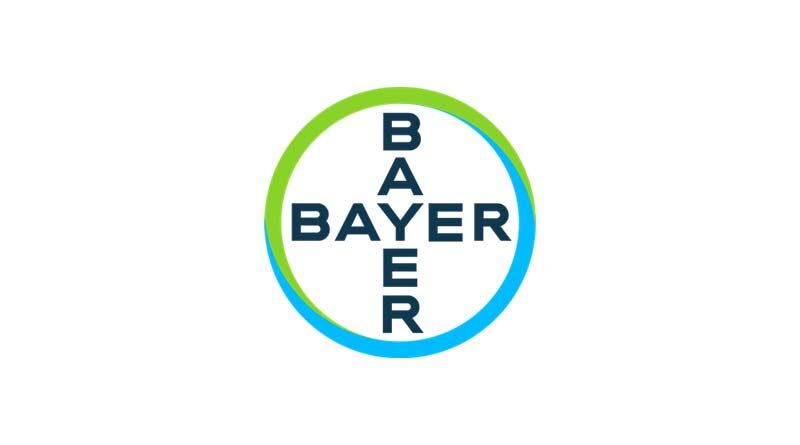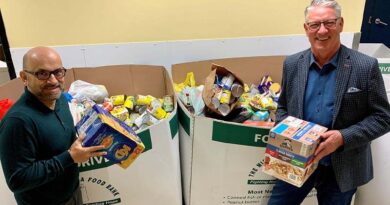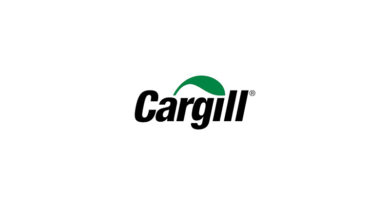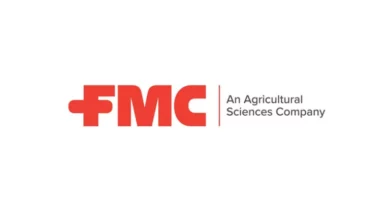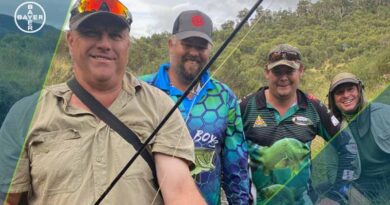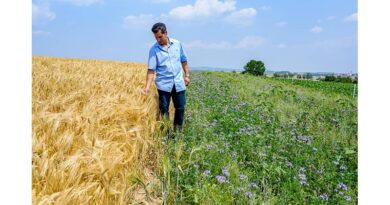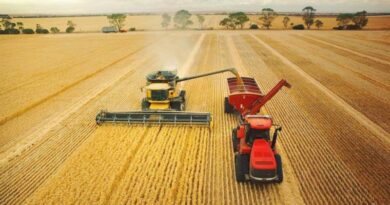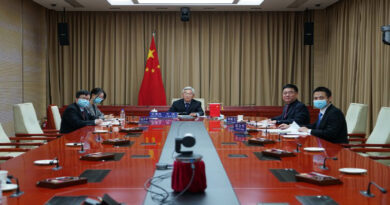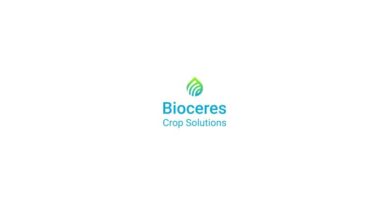Bayer Expands its “Nutrient Gap Initiative” to Help End Malnutrition
24 February 2023, Germany: As a part of the company’s vision “Health for all, Hunger for None,” Bayer announces the expansion of one of its signature sustainability programs, the Nutrient Gap Initiative, to now improve access to both nutritious food and safety net supplementation. The program initially aimed to expand access to essential vitamins and minerals to 50 million people in underserved communities by 2030, with a focus on nutritional supplementation, a critical tool to build a safety net for malnutrition in these communities. On the occasion of the initiative’s second anniversary, the company is evolving the program to also help close the nutrient gap through the most fundamental source: food, namely fruits, vegetables and grains.
Often called “hidden hunger,” vitamin and mineral deficiencies are highly prevalent in underserved communities, with women and children being most vulnerable. This type of malnutrition develops gradually over time, the impact not seen until irreversible damage is done. Deprivation of essential vitamins and minerals may cause poor immunity, birth defects, reduced work capacity, learning disabilities, fragile health or failure to thrive – often exacerbating the cycle of poverty. COVID-19 and the crisis in Ukraine have both aggravated this health issue.
“As a global leader in both agriculture and nutritional supplements, Bayer is uniquely positioned to help all people get access to proper nutrition. The roots of malnutrition are complex and far from one-size-fits-all, so we’re drawing on competencies from across our company to fight it. We want to remove the barriers to a healthy diet for those who need it most,” said Heiko Schipper, President of the Consumer Health Division of Bayer AG and Member of the Board of Management.
“For people in underserved communities, access to nutritious food is a challenge due to the cost and local availability of fresh produce and grains. As part of our critical work for food security and smallholder farmers, The Nutrient Gap Initiative will help improve the livelihoods of people who do not have access to vitamins and minerals, leveraging also our Better Life Farming Centers,” said Rodrigo Santos, President of the Crop Science Division of Bayer AG and Member of the Board of Management.
With the Nutrient Gap Initiative, Bayer aims to consolidate the company’s commitment to food security by addressing both the quantity of food needed to tackle world hunger, as well as the quality needed to ensure healthy lives, with access to essential vitamins and minerals. Malnutrition disproportionately affects vulnerable groups, in particular women and girls and rural communities, which has clear overlap with the work the company is already doing to improve the livelihoods of smallholder farmers.
Smallholder farmers are the backbone of many food systems, but their communities are often suffering from malnutrition and lack health services. Building on the existing strong infrastructure of the Better Life Farming centers, smallholder farmers will become a key audience for The Nutrient Gap Initiative. The Better Life Farming Centers, predominantly in Asia Pacific, provide smallholders in remote rural regions access to essential agricultural products, a key pillar of Bayer’s Smallholder Initiative which aims to impact 100 million smallholders in low-and-middle-income countries by 2030. Bayer will pilot the expansion of services offered with access to nutritional solutions and education given that food security cannot be achieved without health equity.
Through direct action and in partnership with critical non-governmental organizations and the public sector, the Nutrient Gap Initiative will help close the nutrient gap by addressing the three main barriers to accessing essential vitamins and minerals:
1. Intervention: Many underserved communities lack access to vitamins and minerals because they cannot afford them or can’t find them nearby. We are bringing nutritious food (produce and grains) and supplementation (i.e. essential vitamins and minerals from the World Health Organization essential medicines list) within physical and financial reach of those who need it most
2. Education: Many vulnerable populations lack knowledge about proper nutrition, the importance of vitamins and minerals, how to integrate into diets and the value of supplementation when needed. Through both direct education and work with healthcare providers and farmers, we will empower people with the information they need to take their health into their own hands
3. Advocacy: Governments and policy makers can have large-scale impact when they prioritize access to affordable and nutritious food, health literacy and make essential supplementation a standard of care. We will join forces with partners to enable an ecosystem to advocate for access to good nutrition
In 2022, the Nutrient Gap Initiative has impacted more than 19 million people in underserved communities, accelerating Bayer’s goal to expand access to everyday health for 100 million people in underserved communities. As the program evolves to expand access to nutritious food, in addition to vitamins and mineral supplementation, Bayer will be able to offer more tools, services and programs to help build healthier, more resilient communities.
Some of the programs Bayer will be implementing in 2023 include:
Access to Prenatal Nutrition: A partnership with global public health nonprofit Vitamin Angels aims to expand access to Multiple Micronutrient Supplementation (MMS or prenatal vitamins and minerals). Our collaboration incorporates the provision of a 180-day supply of MMS, with proven nutrition education for healthcare providers and pregnant women, supplemented by technical support with local governments designed to incorporate MMS in the standards of care. The program directly impacts 4 million women and their babies annually.
§ Smallholder Farmer Nutrition Education: In addition to giving more smallholder farmers in more countries access to agricultural products, training and education, Better Life Farming Centers will now begin to also offer both general and prenatal nutrition education, in partnership with NGOs and self-care product distribution. Pilot projects for this have been initiated in Indonesia.
§ Seed Distribution and Education in India: A program provides high-quality seeds to urban farmers (people gardening in their balconies/terraces), enabling access to home-grown vegetables to include in their diet. In addition, Bayer is donating seeds to help people in underserved communities get access to nutritious food, while sharing information about the health benefits of vitamins and minerals.
Digital advice for Smallholders: Bayer introduced a digital platform to provide tools to help smallholder farmers in India improve their growing practices, which enables them to improve their yield and provide more nutrient-rich vegetables for their communities.
Collaboration with Health Workers in Africa: In partnership with reach52, a tech social enterprise delivering health services in markets others don’t reach, Bayer is training community health workers in Kenya and South Africa to use the reach52 access app to collect data on key nutrition indicators to understand their gaps in nutrition. reach52 then redeploys these Agents armed with nutritional education and supplements specifically targeted to the community’s nutritional needs.
Research & Development Commitment for Nutrition: In the United States, Bayer is investing more than $400 million in innovation to combat hunger and advance health and nutrition in the country. This investment includes the development of sustainable crops across agriculture and an increased focus on vegetables, helping farmers adapt to the challenges created by climate change while improving their ability to provide nutritious produce.
Affordable Nutritionals Portfolio: Bayer is adapting its portfolio of nutritional supplements to meet the needs of low-income consumers (LIC) and bring it withing their financial and physical reach. Most of the Nutritionals LIC portfolio includes at least one ingredient from the World Health Organization Essential Medicine List.
Also Read: Union Budget 2023: An Overview of the Focus on Agriculture
(For Latest Agriculture News & Updates, follow Krishak Jagat on Google News)

